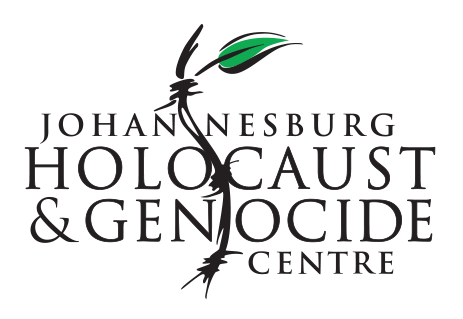Adolf Eichmann was a good careerist and a terrible human being. He understood what was demanded of him to succeed professionally in his time. But as Hannah Arendt famously put it in her report on his trial in Jerusalem, he was thoughtless; the inner dialogue central to agential existence was largely absent from his life. Had he been born today, he may have become a successful CEO, banker, politician, or whatnot.
I will argue that mainstream educational institutions globally, and South Africa is no exception, are fostering the mass production of potential mini-Eichmanns. Why so? Because they are, for the most part, training individuals to cater to the needs of the status quo thoughtlessly. We must reconsider what it means to be truly educated. Following John Dewey and others, I will argue that education is the practice of freedom. Eichmann may have been good at making the trains run on time, but he lived a machine-like existence, lacking the reflective capacities that make us truly human.
Pedro Tabensky was born in Santiago, Chile, to refugee parents. His mother is a Holocaust survivor born in Hungary two weeks before the final stage of the final solution. His father, of Polish Jewish ancestry, is a refugee of the Chinese revolution. He has lived a peripatetic life since the age of three, ending up in South Africa in 2001 and meeting his wife, with whom he has two children. Tabensky is the founding director of the Allan Gray Centre for Leadership Ethics (AGLE), Department of Philosophy, Rhodes University (South Africa). He is the author of Happiness: Personhood, Community, Purpose and of several articles and book chapters. Tabensky is also the editor of and contributor to Judging and Understanding: Essays on Free Will, Narrative, Meaning and the Ethical Limits of Condemnation; The Positive Function of Evil; and, coedited with Sally Matthews (his wife), Being at Home: Race, Institutional Culture and Transformation at South African Higher Education Institutions. He has a book, published in 2023 by Routledge, titled Fanon and Camus on the Algerian Question: An Ethics of Rebellion, and is commencing work on another book provisionally titled Ethics and Education as Practices of Freedom coming out with Lexington, probably in 2026.
RSVP: dowi@jhbholocaust.co.za

